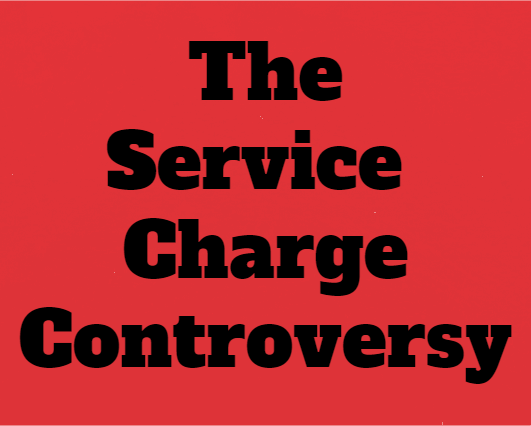

By Linus Garg
First publised on 2022-07-07 08:39:01
The Central Consumer Protection Authority (CCPA) has barred restaurants and hotels from adding service charge by default and advised consumers to pay the charge if they wanted to or ask the establishment to remove it from the bill, failing which they could lodge a complaint with the Consumer Commission against the 'unfair trade practice'.
But is it an 'unfair trade practice'? The National Restaurants Association of India (NRAI) does not think so. In a rebuttal, the NRAI has said that there is no legal basis for the CCPA advisory and "service charge is a part of owner's discretion/decision regarding the total price payable by a customer with regards to the sale or service of a product." It has further said that "neither the government nor any authority can interfere with the decision of the business owner in this respect. It is a universally accepted trade practice."
So who is correct? While there is no doubt that a business owner is within his or her rights to levy additional charges in making up the total bill for a sale or a service or a sale combined with service, there has to be transparency in doing so. Most restaurants that levy service charges inform it as a small print in the menu. This means that while the customer scans the prices on the menu and has in mind how much he or she will have to pay, they are shocked to find anywhere between 10 to 15% added to the bill for service charge. Hence, a food bill of, say, Rs 5000 comes to Rs 5750. Further, when one goes to a sit-in restaurant, one expects table service given the fancy prices of items on the menu. If one goes by the logic of the NRAI, they can next include 'cooking charges' or 'table charges' as an additional item in the bill. Logically, the prices on the menu of a sit-in dining facility should reflect all cost inputs including establishment and service charges for reasons of transparency. Extras, except government taxes, should not be charged.











